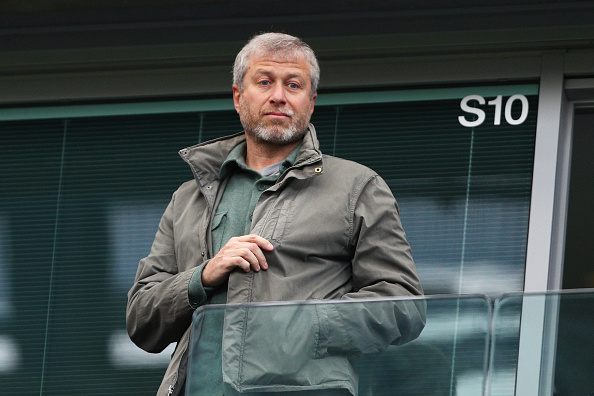Easter Reads part one: the best in our opinion pages on politics, the economy and Ukraine
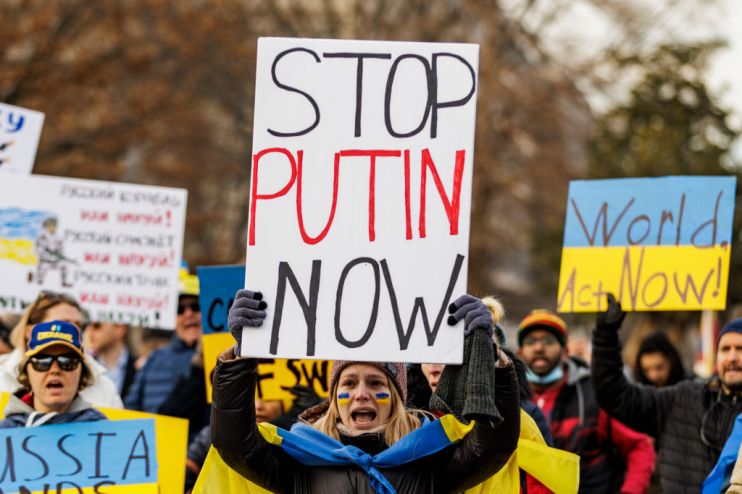
Back when partygate was “seemingly” subsiding, Giles Kenningham looked at another political headache for Johnson, one with a much longer legacy: the future of the Union. The pandemic gave a taste of greater independence to the devolved nations, and now some want to keep it – surely, that’s the case with Scotland’s Nicola Sturgeon. To save the Union from disintegrating we need a cross-party group made up of politicians, businesspeople and campaigners who are serious about the future of our political unity.
Given the relentless disruption over the past five years, the last thing the economy needs is the spectre of another referendum that will polarise the country.
Giles Kenningham
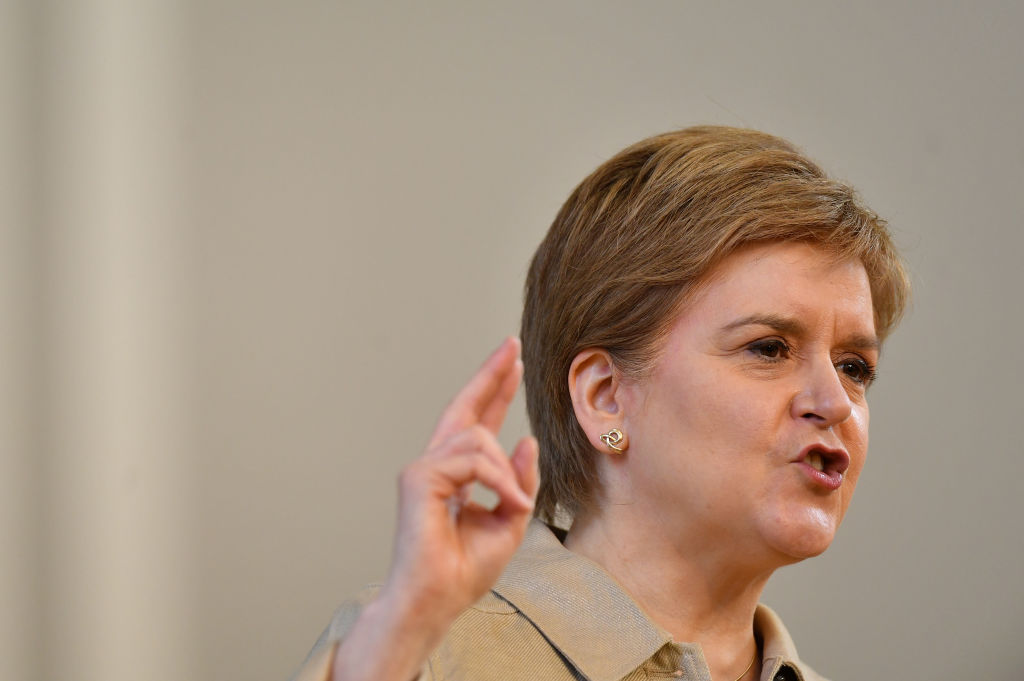
Another big political story for last month – and this one too – has been the Chancellor’s Spring Statement and the cost of living crisis. In his pre-budget piece, Jack Barnett looked at what Sunak was setting out to do on energy, defence and employment. A policy light spending review was never going to excuse the Chancellor from not helping households firmly through the cost of living crisis – and the public paid close attention on that Wednesday.
Very few have been tempted into believing the Chancellor will sit on his hands and Sunak’s announcements tomorrow are set to finally reveal his true preference for the level of state intervention in the British economy.
Jack Barnett
When Sunak stood up in parliament on the Wednesday of the Budget, he revealed his true colours, later concluded Sam Dumitriu. Since becoming Chancellor, Sunak has raised taxes fifteen times. Most of these hikes have happened by stealth, but will have a real impact in the long run. He has timed his policies with an eye on the maximum political gain – but ultimately, it will come down to what it means to be a high-tax economy.
Don’t be fooled, Rishi Sunak is a fiscal conservative first, and a low-tax conservative second.
Sam Dumitriu
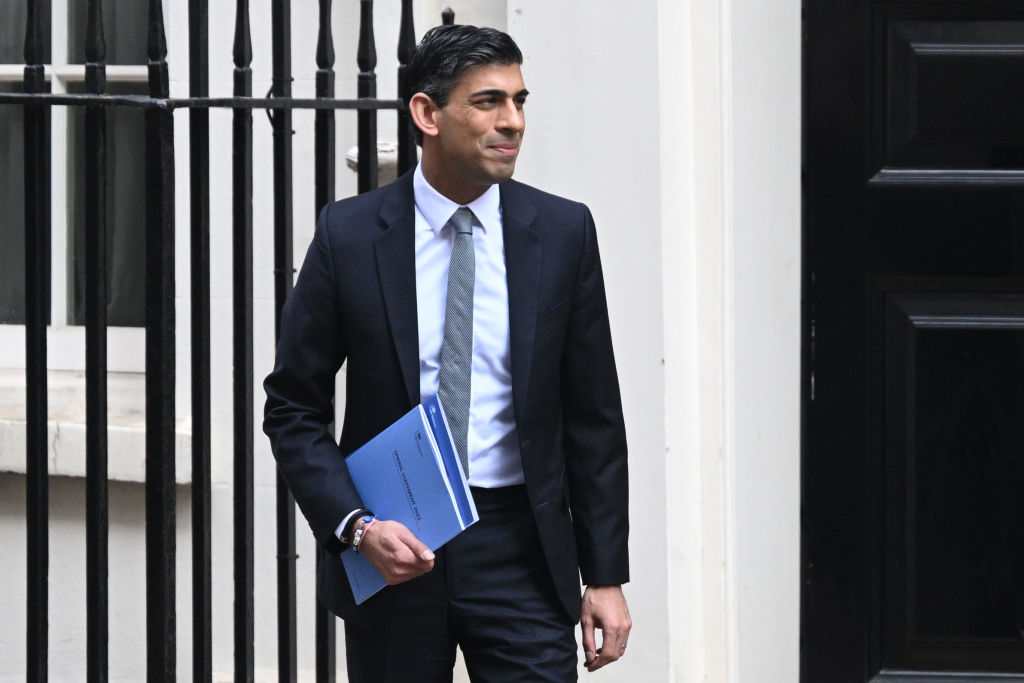
One thing that has become clear about Russia’s invasion of Ukraine is that this war is fought on two fronts: on the ground, and online. On the first week of the war, Elena Siniscalco looked at Putin’s disinformation campaign. It included claims that Ukraine is controlled by a Nazi regime and that Donbas’ Russian-speaking residents have been massacred. This is foolish propaganda for the West – but for many in Russia, with access only to state controlled media, lies become the only truth available.
In this battle of truth, quantity not quality wins.
Elena Siniscalco
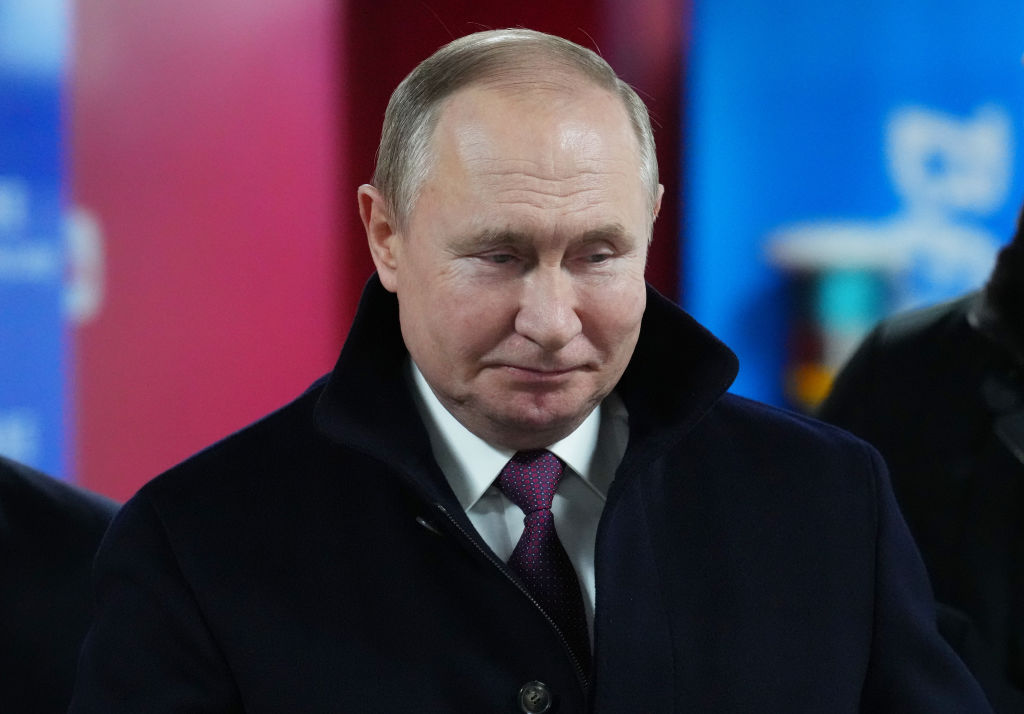
When the war broke out, the UK government had to quickly think about measures to undermine Putin’s influence and economic strength. One obvious way became sanctioning the several Russian oligarchs living in the UK, and closely affiliated with the Kremlin. Against this background, Eliot Wilson wrote that in punishing Russia for the invasion, we should always respect the rule of law. That’s exactly what makes us different from Putin, and we must keep this set of values close to our policies.
We beat Vladimir Putin not by cutting through the laws to get at him, but by making our way through the thicket of legislation calmly, knowing that it stands behind us when the confrontation comes.
Eliot Wilson
